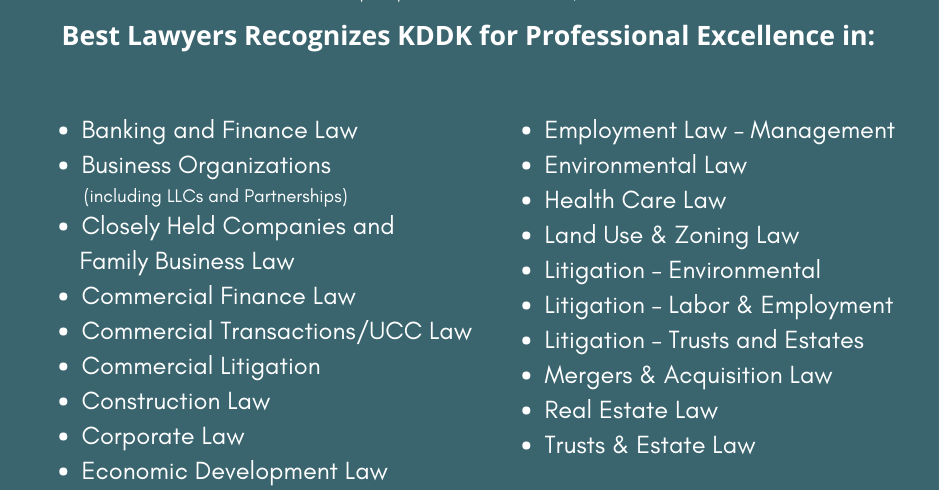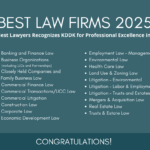Having worked on real estate development projects and served regional economic development agencies, we have heard many site selectors’ differing perspectives. However, those site selectors and their job-producing global clients repeat three (3) key points that owners, developers and their communities should heed in trying to attract their next major project.
- Data must be open. Few development tracts make a project’s short-list unless the site’s fundamental data is readily web accessible. Long before the first communication arrives at the developer’s or its region’s E.D. agency’s inbox, a project’s two to five short-listed prospective sites are routinely determined. During an owner’s or site selector’s initial private and confidential search, vital information – including the site’s characteristics, workforce, utilities, and multi-model transportation infrastructure – must be globally accessible.
- Speed matters. This certainly means that shovel-ready, urban brownfield and fully-permitted sites are often given priority. But it also refers to the community’s reputed attitude toward employers and for getting things done. Often scratched are regions which are viewed as civically uncollaborative, where case studies demonstrate bickering or where data is lacking that demonstrates cooperation among industries and adjoining jurisdictions, local boards, and civic groups. Sites or regions that score low on regional collaboration are often rated as lacking the ability to meet a project’s critical fast-track construction test.
- Environmental issues must not lurk. With the U.S. EPA continuing to seek broader jurisdictional powers over the waters and air rights of the U.S., more federal environmental regulation is becoming intertwined with the control of traditionally friendly state and local governmental entities. The necessity of having fully-permitted Federal Clean Water Act and Clean Air Act sites, or at least sites preliminarily vetted by environmental scientists, are also becoming a prerequisite for being short-listed.
At KDDK we have worked with developers, project owners and their site selector consultants to bring home on time/on budget most of our region’s largest projects. Whether a new manufacturing facility, a headquarters or a retail project, we have the broad business, environmental, governmental, and labor law experience to swiftly enable the securing of a client project’s short-list. For additional information on these or any related issues, please contact Mike Schopmeyer at mschopmeyer@KDDK.com or (812) 423-3183) or contact any member of the KDDK Economic Development Law practice team.
About the Author

Mike Schopmeyer, a Partner at Kahn, Dees, Donovan & Kahn, LLP (KDDK), in Evansville, Indiana, has more than 30 years’ experience closing and resolving business, environmental, construction, real estate, and intellectual property deals and disputes. He has extensive experience in economic development law as well as government, school and municipal law. Honed from service as a private practitioner, government attorney, arbitrator, and civic leader, Mike’s financial acumen empowers clients to more swiftly reach durable solutions.






